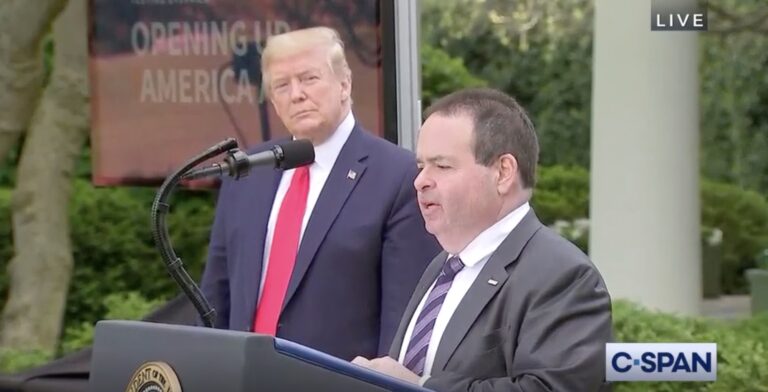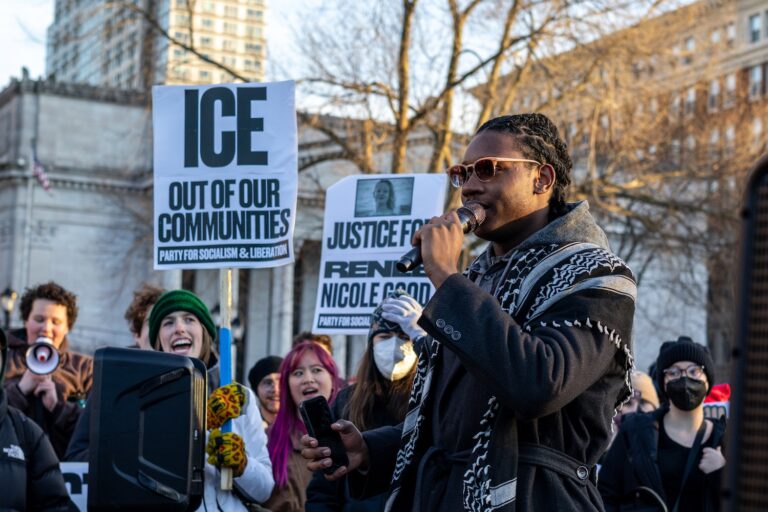Migrating North: From Florida to Wesleyan
Orientation at my high school was pretty mundane: sign in, pick up school supplies, listen to administrators drone on and on about the new tables in the library designed for “collaborative learning,” and view a PowerPoint ending with a Mahatma Gandhi quote. In the most unironic tone he could muster, the principal delivered his grand finale.
“Be the change you wish to see in the world,” he said.
During this thought-provoking presentation, I was probably picking at my split ends or worrying about the state of my fertility due to the size of the skorts forced upon me and labeled a “uniform.”
There were few things that garnered my attention. I generally noticed the frizz present in everyone’s hair. It’s during August more than any other month that I question, “Why the hell do we live in South Florida?” But I quickly digress. The next slide had the word “politics” written at its center. This, naturally, drew my attention away from my very entertaining split end. The principal went on to deliver the same warning that begins each school year.
“Do not discuss politics in the classroom,” he said. “Actually, do not really discuss politics here at all. This private institution is no place for that. Conversations should remain civil.”
And once again a binary has been established. There are political discussions and civil discussions; within these brick-lined hallways, there are never both.
See, what’s actually taken from this statement each year is not “do not discuss politics,” but instead, “do not disagree with the majority.” And the majority at my high school was a bit different from the majority here at Wesleyan. No one flinched when a boy commented, “You can’t just say racism is a problem.” The administration censored an opinion article called “I’m a Liberal and I’m Not Afraid to Say It” on the grounds that calling Trump a “bigot” was not appropriate. When two boys decided it would be funny to wear confederate flags on their backs for a school-wide “Multicultural Day,” the student body had genuine discussions to rationalize this behavior.
Every time I wanted to speak in class, there was a moment where I would have to contemplate whether it’s worth being judged or to keep my mouth shut. This reaction became normal for me, just another part of the classroom experience. When people from my school asked why I wanted to come to Wesleyan, I had an immediate response: It felt free.
So yes, I have been called all the leftist political slurs you know and would love to spend the next four years not fearing judgment for my political opinions. And yes, if I have to hear someone once again utter the phrase, “I’m socially liberal but fiscally conservative” and then proceed to denounce every welfare program established by our government, I’ll probably die of an apoplectic fit. But more than any of this, I wanted to come to an environment where I wouldn’t have the stress of censoring myself before I spoke. I wanted to talk to people who would engage with me in a meaningful way. (Also, I wanted to go to parties that weren’t littered with girls in small bikinis wearing “Make America Great Again” hats.)
After a few days at Wesleyan, however, I started to get nervous. During orientation, there were small group discussions following a speech by Claudia Rankine, the award-winning poet who wrote our summer reading book, “Citizen.” People made insightful comments about the poems and about society more generally. One boy in the back raised his hand. He began meekly: “I identify politically as slightly conservative….” All backs turned out of their chairs. The boy continued.
“I just feel like Rankine did not do a good job making the argument that racism is a problem,” he said. “She just goes with the assumption that the readers agree it is.”
A few people kicked the person next to them. All eyes in the room willed him to stop talking. If I’m being honest, I couldn’t help but smile a little.
But as all good Wesleyan students do, I started to reflect on the conversation later that day. I started to think not only about my high school and those heinous beige skorts and the school rule that prohibited hair dye and facial piercings, but also the courage it took to offer my opinions in class. It seems like many Republicans on this campus feel similarly.
“We joke about how only the boldest of us sign up to table at the clubs fair because we’re often subject to harassment whether it be eye-rolls or actual yelling and hateful comments from other students who have different opinions,” President of the Wesleyan Republicans Catie Cervone ’19 said.
Cervone continues.
“The fact that people verbally harass me when I’m simply sitting at a table in Usdan with a ‘WesRepubs’ sign attests to the lack of exposure a lot of students have with non-liberal viewpoints,” she says. “Issues like this could be resolved through better education—more conservative speakers and teachers. The administration has been incredibly accommodating towards Republicans on campus, it’s the student body that needs to work on its tolerance.”
When I think back on my high school experience, it’s easy to remember all of the comments and actions that seem unbelievable to me while in an environment like Wesleyan. It’s harder to remember everything I learned from listening to a viewpoint that was not mine, and all of the conversations that were, in fact, civil. I know there will always be things that are impossible to tolerate. And there are things that we should not tolerate. But it’s important for me as a member of society to listen before I make a judgment. It’s important for me to remember the disservice I’m doing to myself and this school only to converse with people who agree with me. I spent the last four years yearning for a place where political conversation could be meaningful and productive. I’ll spend the next four trying to make Wesleyan that place.
Jodie Kahan can be reached at jtkahan@wesleyan.edu.







Leave a Reply